A shortage of skilled labor continues to be the dominate issue in the construction industry, and rightfully so. However, delays in construction schedules have always been a thorn in the side of contractors, and history shows that probably won’t change.
Explore 12 Futuristic Technology Trends Solving Concrete's Biggest Challenges.
The success of any construction project—single family home, school, hospital, stadium, restaurant—is predicated on preventing problems that cause costly delays. While there are many factors that can disrupt a schedule, few are more detrimental than problems with the quality of concrete on a job. Best case scenario, the project will be temporarily halted until test results are validated. Worst case scenario, the original work will be removed and redone. Either way, bad news for project efficiency, quality, and profitability.
Fortunately, unlike unpredictable weather, project delays can be avoided by correctly field testing concrete products using appropriate methods and procedures. Whether it’s the foundation for a 10-story building, a bridge project or highway, field testing the concrete to make sure it meets required compressive strength is critical. For this reason, manufacturers diligently conduct quality control compressive strength tests before their concrete enters the market.
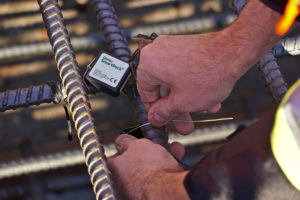
Not only do these sensors allow you to reduce your reliance on third-party labs by eliminating field-cured cylinders, but you are notified in real-time about the strength and temperature of your concrete. Maturity sensors give you accurate and reliable data since they are subjected to the exact curing conditions of the in-situ concrete slab. Fully embedded in the concrete and secured on the rebar before pouring, the temperature of your concrete is constantly monitored with these wireless sensors. Data is then used to automatically calculate compressive strength based on the maturity index from the calibrated mix. This means you immediately know when your concrete is strong enough to move on to the next steps in the construction process, without waiting to hear from the concrete batching plant. The process of using the maturity system on your jobsite is very easy, it only takes four simple steps before you start receiving notifications about your concrete’s compressive strength.
Learn more about wireless SmartRock concrete maturity sensors
Take a look at the full article by Wendy Henry quality assurance manager for The QUIKRETE Companies on ForConstructionPros.

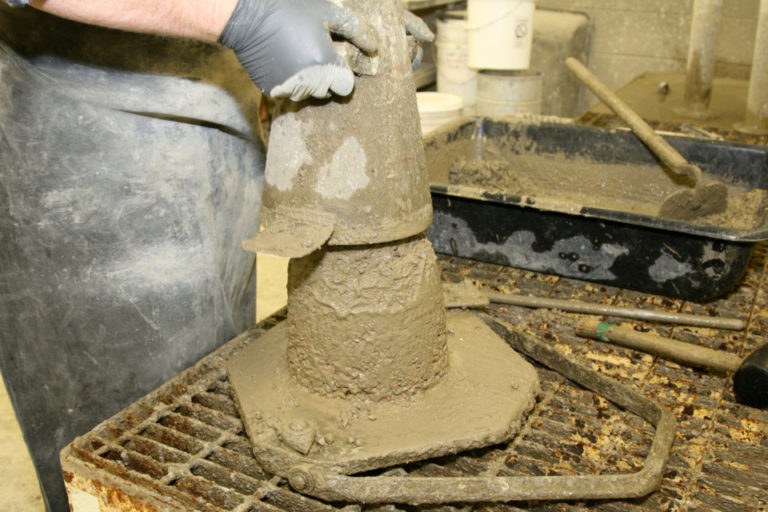
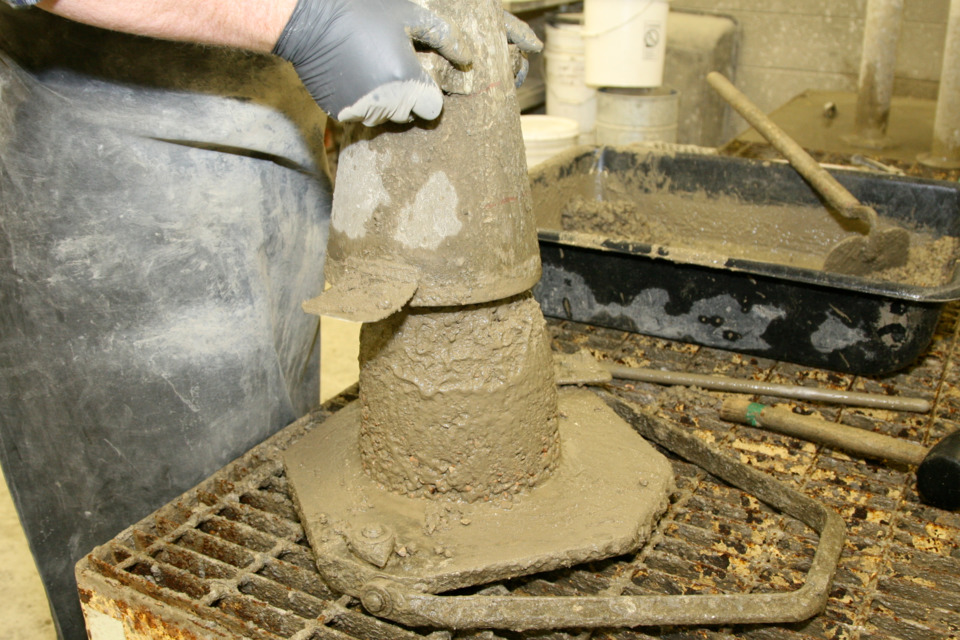

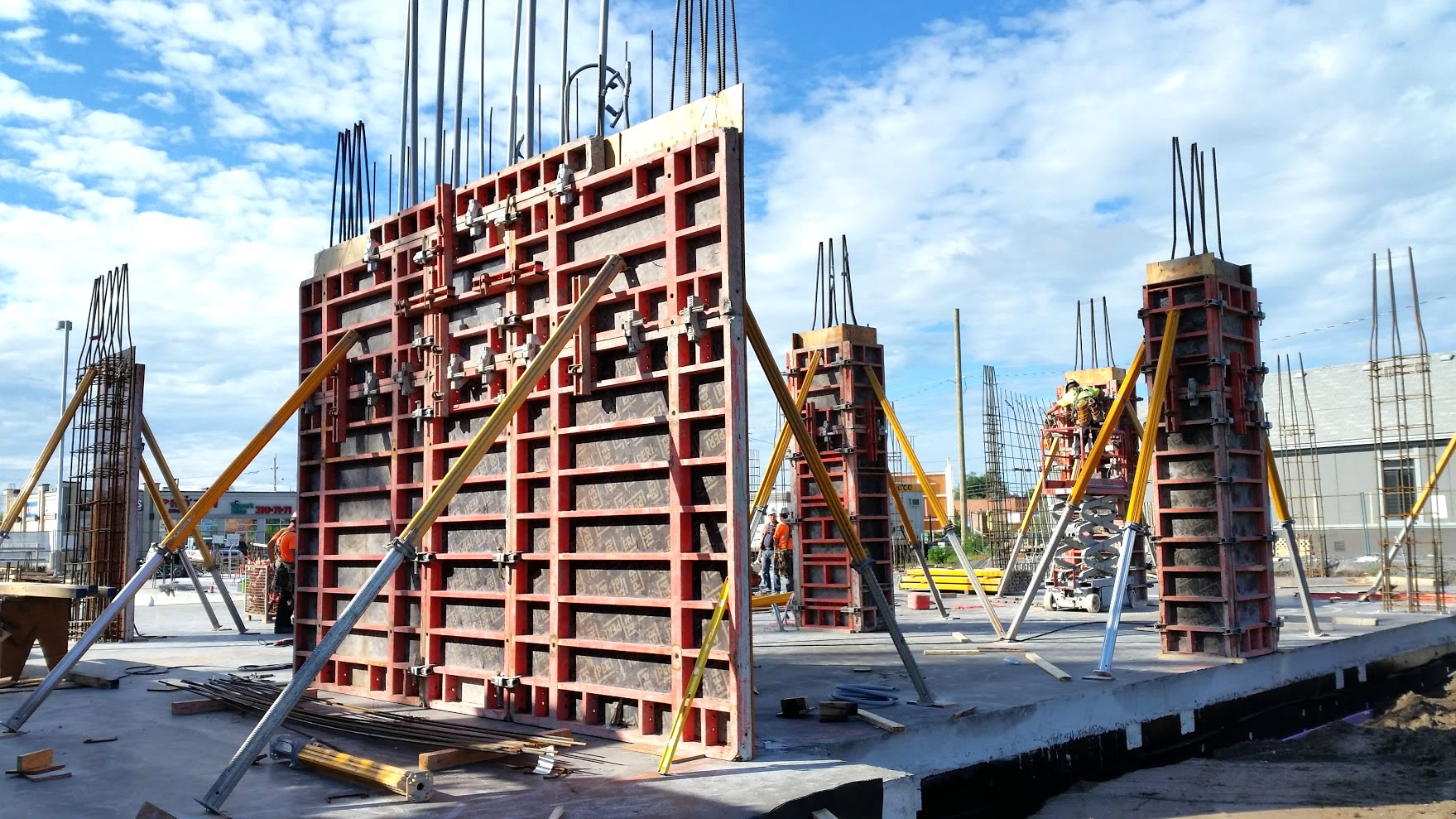
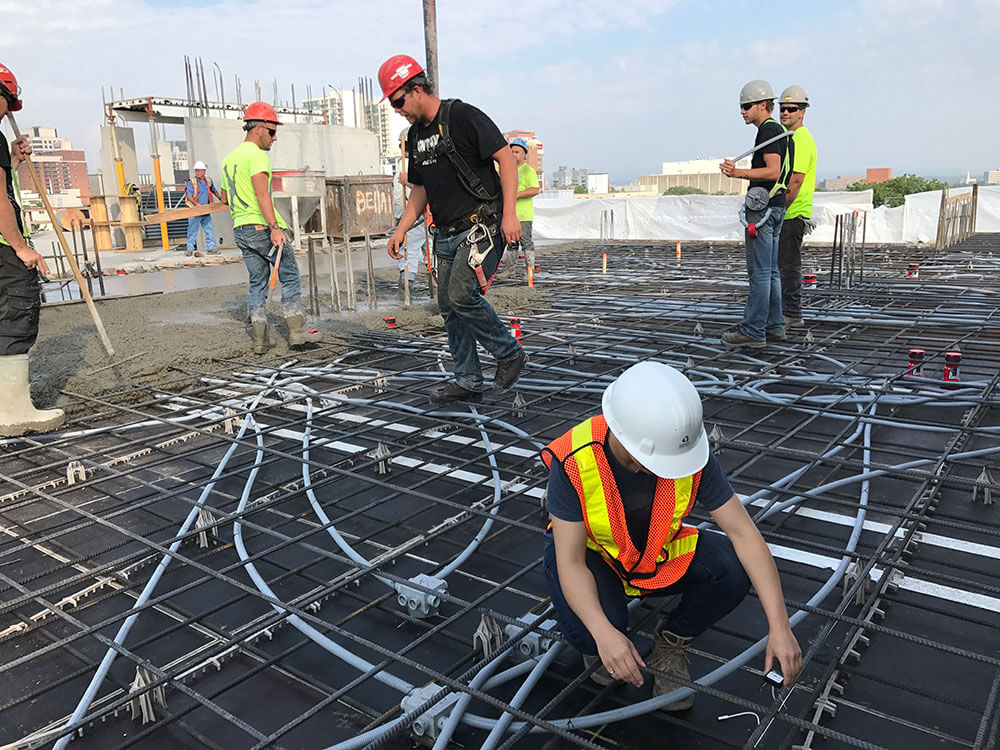

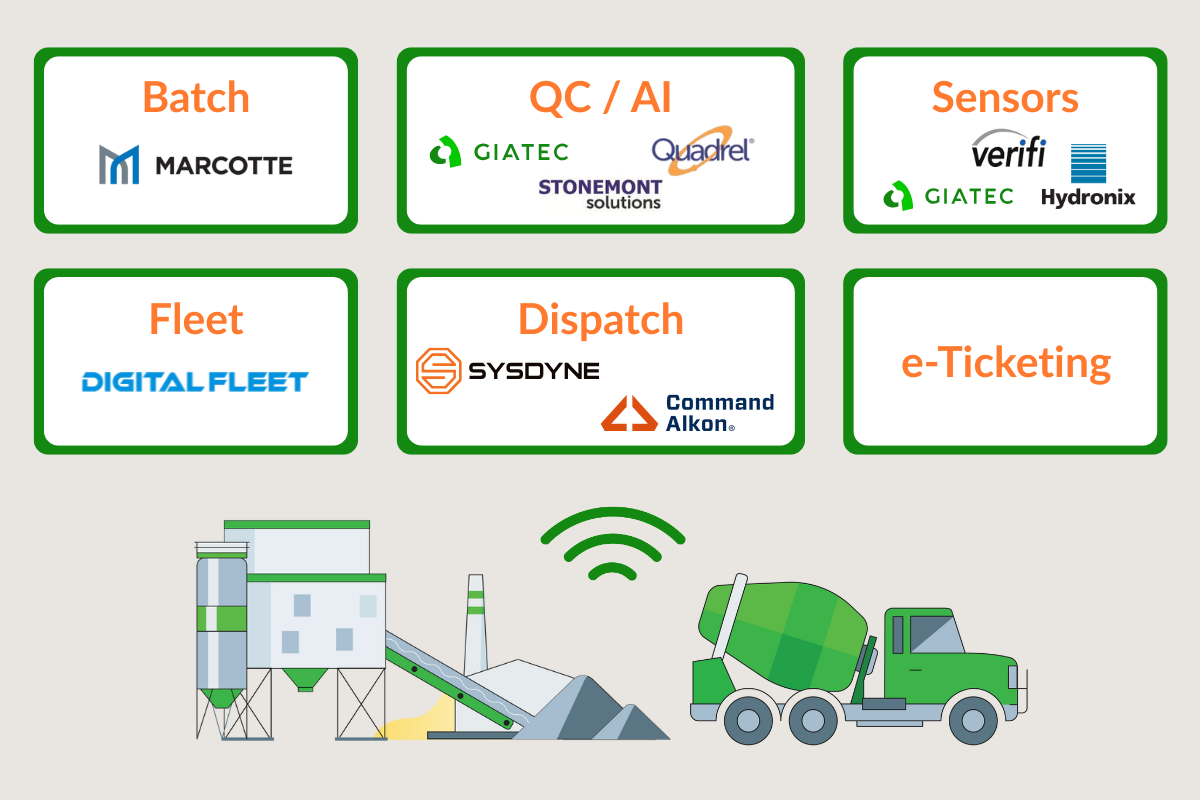
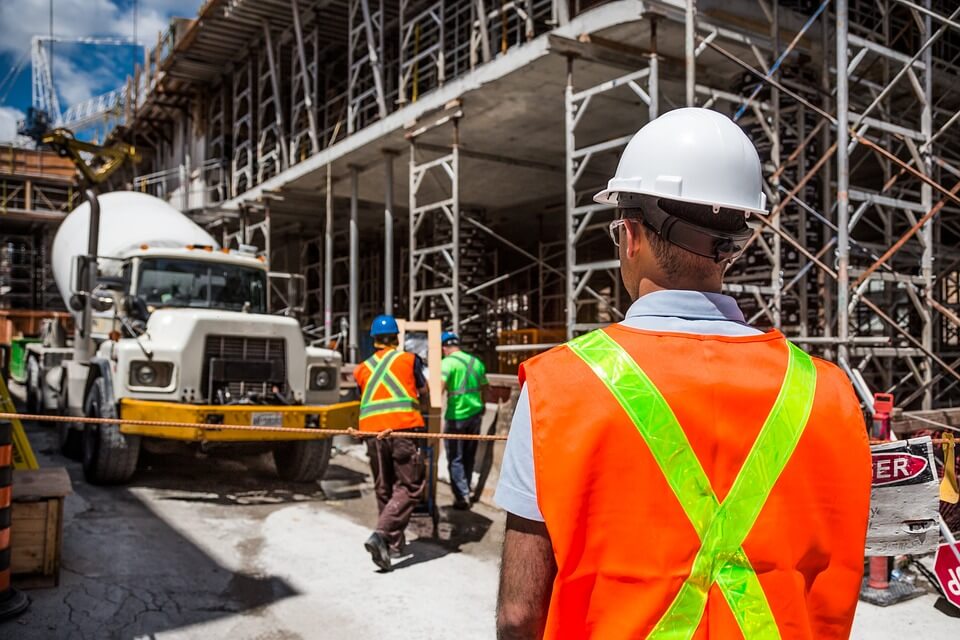
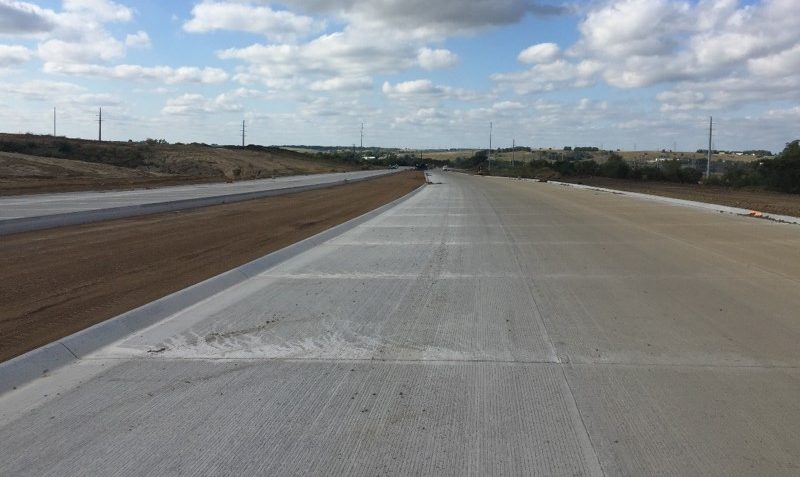

2 Responses
Am interested in this monitoring I live in the Uk and its very new here , would like to know more of this
Hi there, thank you for your inquiry. One of our sales representatives will be in contact with you ASAP.